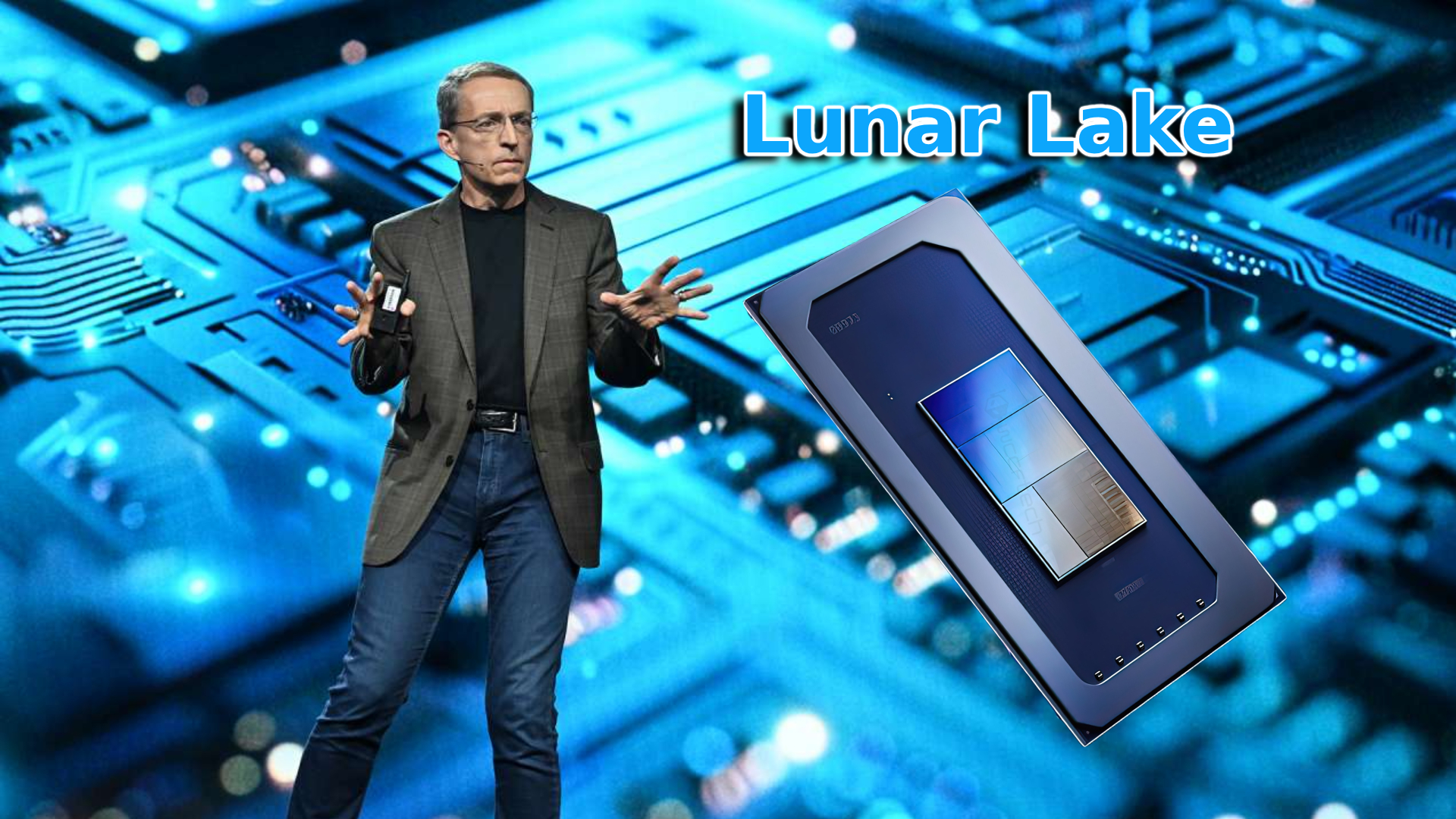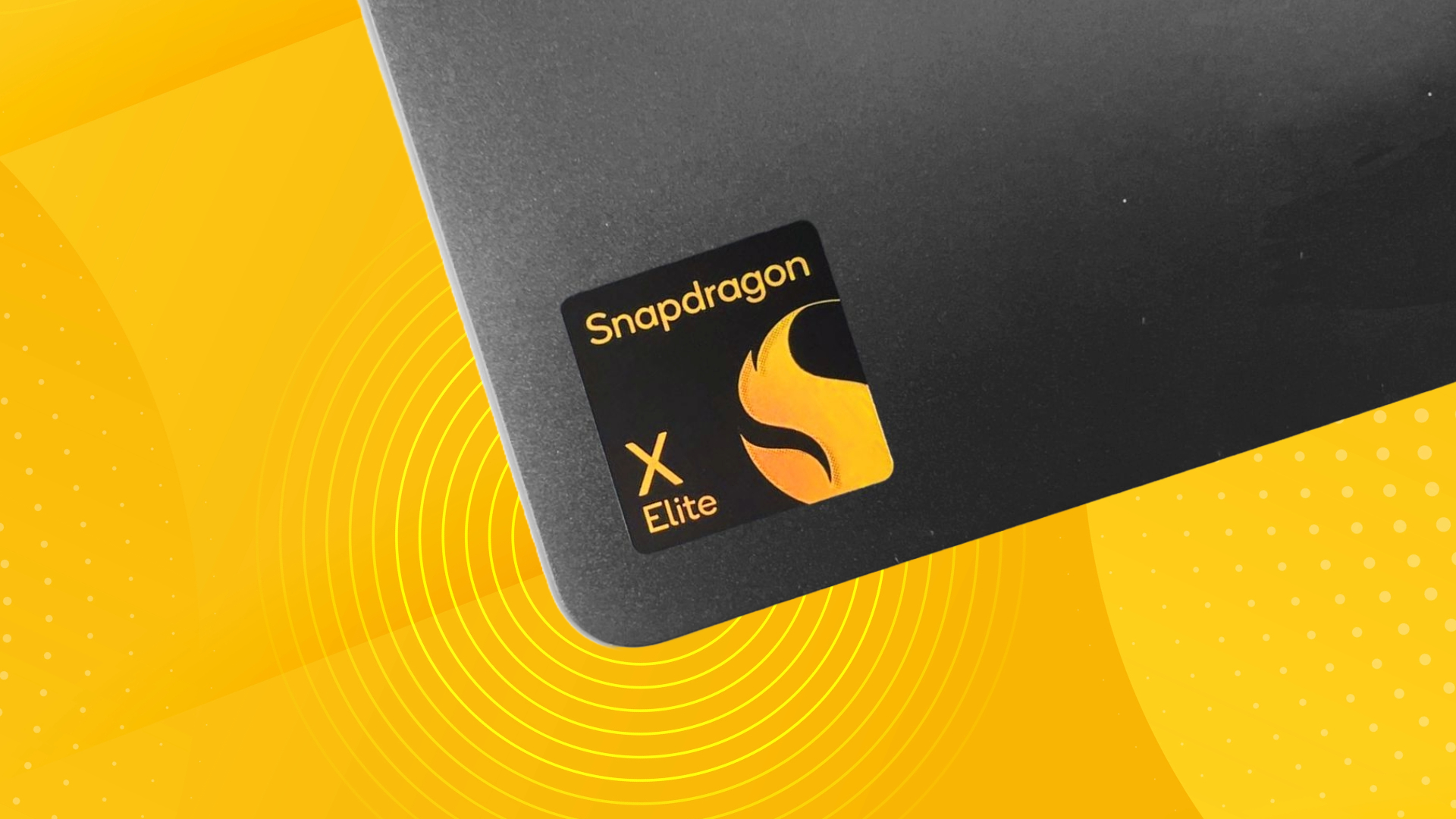
According to an exclusive report from The Wall Street Journal, Qualcomm approached Intel this month about acquiring the rival chipmaker, though experts say a deal feels unlikely.
The report explains that through "people familiar with the matter," the potential deal is "far from certain," but if it's true, this deal would mean massive changes for the tech industry.
Acquisitions happen all the time in the tech industry, but they typically involve a major tech company buying out a smaller company. Cory Johnson, Futurum Group's chief market strategist, explained on a Yahoo Finance podcast that "This would be the biggest deal in the history of the semiconductor industry, ever."
Intel and Qualcomm are two of the biggest chipmakers in the world, and the possibility of merging the two companies raises many questions and valid concerns from analysts and consumers. Most people seem to think this deal is impossible, but not everyone is convinced.
Chances are slim that Qualcomm can actually acquire Intel
Conditions are ripe for Qualcomm to acquire Intel, too: As of Monday, Intel's shares overall had dropped by 57% year-to-date (while Qualcomm's were up by around 17%), and the company is widely known to have had its fair share of financial struggles.
However, MarketWatch reports that Hendi Susanto, a Gabelli Funds portfolio manager, believes "There are more cons than pros in a hypothetical case of combining Qualcomm and Intel," with one colossal reason being that "Qualcomm will inherit all Intel's challenges."
Qualcomm has been the dominant chipmaker in the smartphone world, while Intel took on that role for PCs and servers for years.
But with Qualcomm's Snapdragon X Elite chips making an impressive debut in laptops, the company now has a strong presence in both smartphones and PCs.

Would that be enough to overcome all of Intel's financial challenges? Especially when you consider, as Reuters points out, "Qualcomm has never operated a chip factory." The business news agency observes that "Qualcomm lacks the experience needed to ramp up Intel's fledgling foundry business, which recently named Amazon.com as its first major customer."
If Qualcomm were to propose a deal, it'd have to pass through regulatory antitrust scrutiny, and there's a good chance the acquisition might not be approved. After all, antitrust laws are in place to prevent significant companies from acquiring all other major companies (among other things) in their industry, and Qualcomm and Intel are two giants in the industry.
However, Futurum Group's Cory Johnson thinks a deal could pass antitrust scrutiny. He says, "We need a strong chip industry in this country to fight against the concentration risk we have in Taiwan. And something that would help Intel survive and do better, which this merger might be seen as, might be welcomed by Washington."
MarketWatch notes that Intel declined to comment on the WSJ report, and Qualcomm didn't respond to the request. We'll keep an ear out for official updates from either company or any new reports on a potential acquisition.







